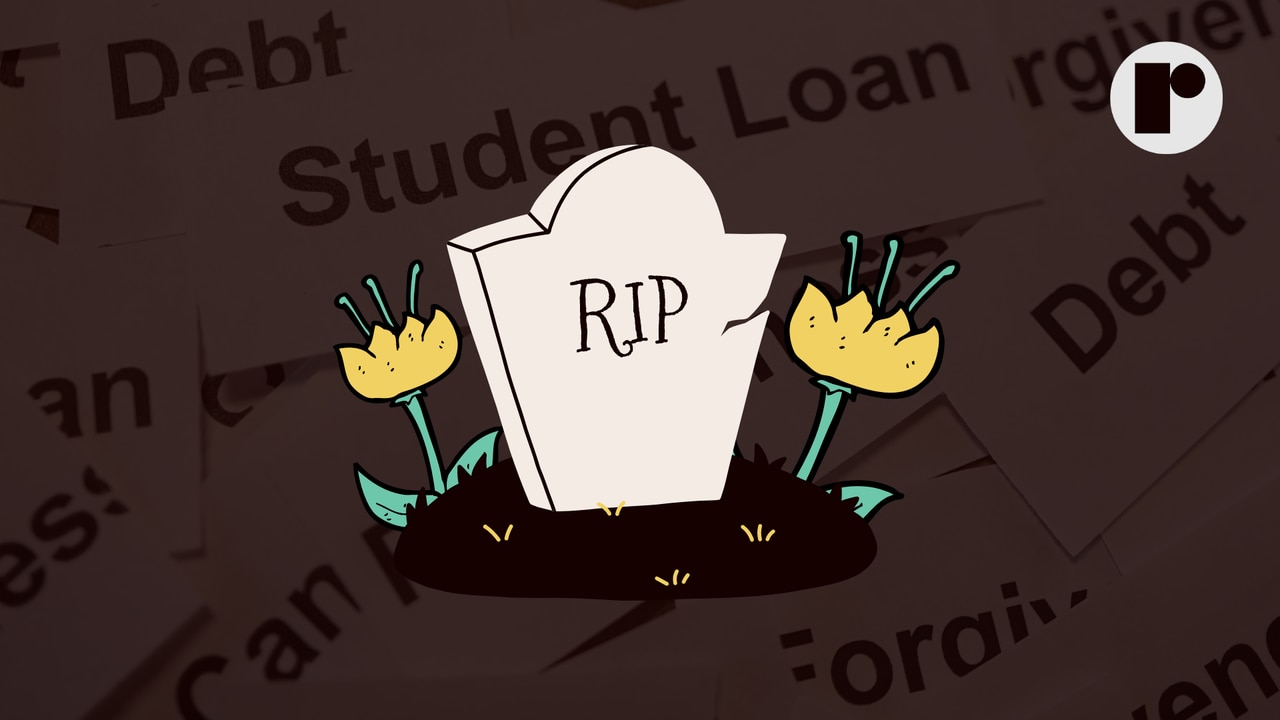What happens to my student loan debt when I die?
Unlike a lot of debt, student loans won’t follow you to the grave.
Whether you have federal or private loans, used a parent PLUS loan or had a co-signer – student loan debt forgiveness after your passing is possible but only with certain loans.
While death is never a comfortable subject, it’s important to prepare and protect your loved ones from carrying your financial burden by taking proactive steps now.
Here’s what you should know about your student loan debt after your death.
Federal student loans
If you have federal student loans, the U.S. Department of Education will cancel your debt when you die, but your loved ones will have to submit your death certificate to your loan servicer in order to get the debt canceled.
This discharge applies to any federal direct subsidized, unsubsidized, parent PLUS and Perkins loans.
According to the U.S. Department of Education, for borrowers with parent PLUS loans whether the parent who took out a parent PLUS loan, or the student beneficiary, passes away, the debt will be discharged.
Private student loans
Private student loans do not have the same benefits of discharge after your passing as federal loans.
While most private lenders will cancel the debt with proof of a death certificate, according to The Institute of Student Loan Advisors, others have stricter policies that can be found in the loan agreement like holding the borrower’s estate responsible for repaying the debt.
In the case of a cosigner, some private lenders may require the cosigner to pay the remaining loan balance if legally applicable to the agreement.
But as of the 2018 Dodd-Frank banking law, meant to alleviate cosigners from the debt from borrowers who have passed away, many private lenders must release cosigners if the primary borrower dies.
Be sure to read over your private student loan agreement for full understanding.
Reporting a death to a student loan servicer
Whether reporting a death to a private or federal loan lender, the process is straightforward. Proof of death is required to be submitted by a family member of another close representative of your estate.
While a private lender might have varying requests of proof, federal student loans allow any of the following documentation:
- Original death certificate
- Certified copy of a death certificate
- Or a photocopy of either document
–
Borrowers are worried about the future of affording and paying back their student loans. Are you one of them? Share your story and thoughts here with Reckon.
